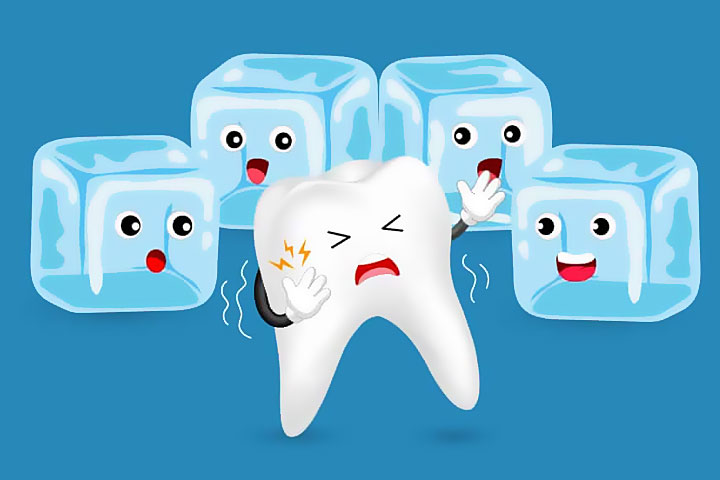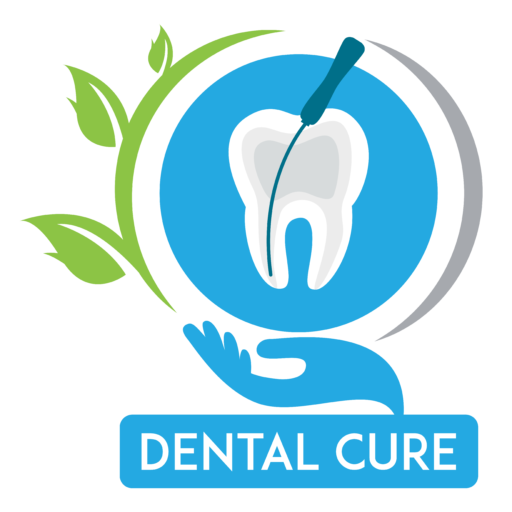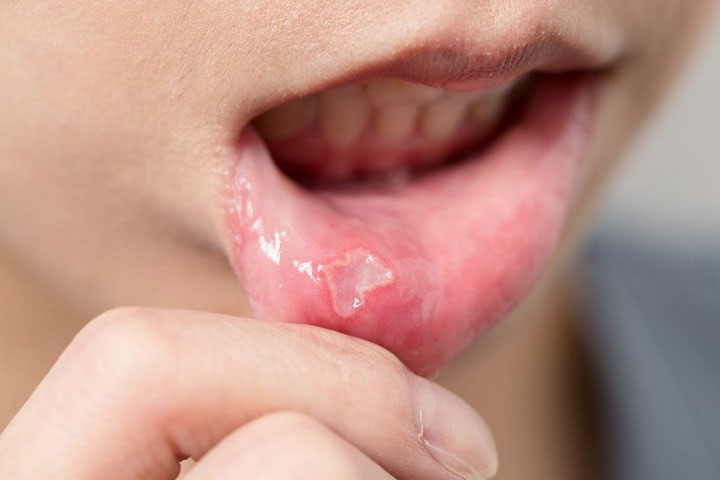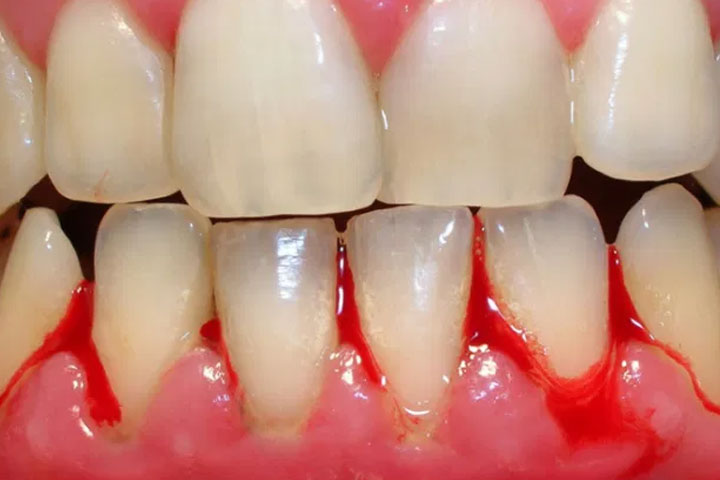
Tooth sensitivity is something that affects a number of people. It is often caused by eating or drinking something hot, cold, sweet, or acidic. Under normal conditions, the underlying dentin of the tooth (the layer that immediately surrounds the nerve) is covered by the enamel in the tooth crown and the gums that surround the tooth. Over time, the enamel covering can get thinner, thus providing less protection. The gums can also recede over time, exposing the underlying root surface dentin. The dentin contains a large number of pores or tubes that run from the outside of the tooth to the nerve in the center. When the dentin is exposed, these tubes can be stimulated by changes in temperature or certain foods.
Causes of Tooth Sensitivity
Exposure to the dentin can occur due to a number of factors. Some of the more common reasons are:
- Gum recession due to age or improper tooth brushing
- Acidic beverages (such as soda) that cause enamel erosion and dentin exposure
- Tooth grinding may actually cause most or all of the teeth to feel sensitive
- Brushing with very abrasive toothpaste, brushing incorrectly, and/or brushing more than three times a day could result in a loss of enamel
- Gum disease, which can result in gum recession. A chipped or fractured tooth may expose the dentin.
- In addition, some dental treatments can cause sensitivity. Treatments such as teeth whitening, professional dental cleanings, having braces put on, or getting a filling placed have been known to cause sensitivity during or after the procedure.
Treatment of Tooth Sensitivity
The first step in doing something about dental sensitivity is to find out the cause. A dental professional can help you with this. If the sensitivity is due to exposed dentin, there are a number of steps you can take, as can your dental professional, to help reduce the sensitivity. These can include:
- Using a very soft bristle toothbrush
- Brushing correctly to help prevent abrasion of the enamel and recession of the gums
- Using a toothpaste specially formulated to help reduce sensitivity
- The dental professional can:
- Apply a fluoride varnish on the sensitive areas to help strengthen the tooth
- Prescribe a high fluoride tooth paste to use every day
- Place a dental restoration to build up the areas that have lost enamel
In the end, whether you need an in-office procedure or over-the-counter products, the most important step is to see a dental professional so that he or she can determine the cause of the tooth sensitivity and help you find a solution that will work.



